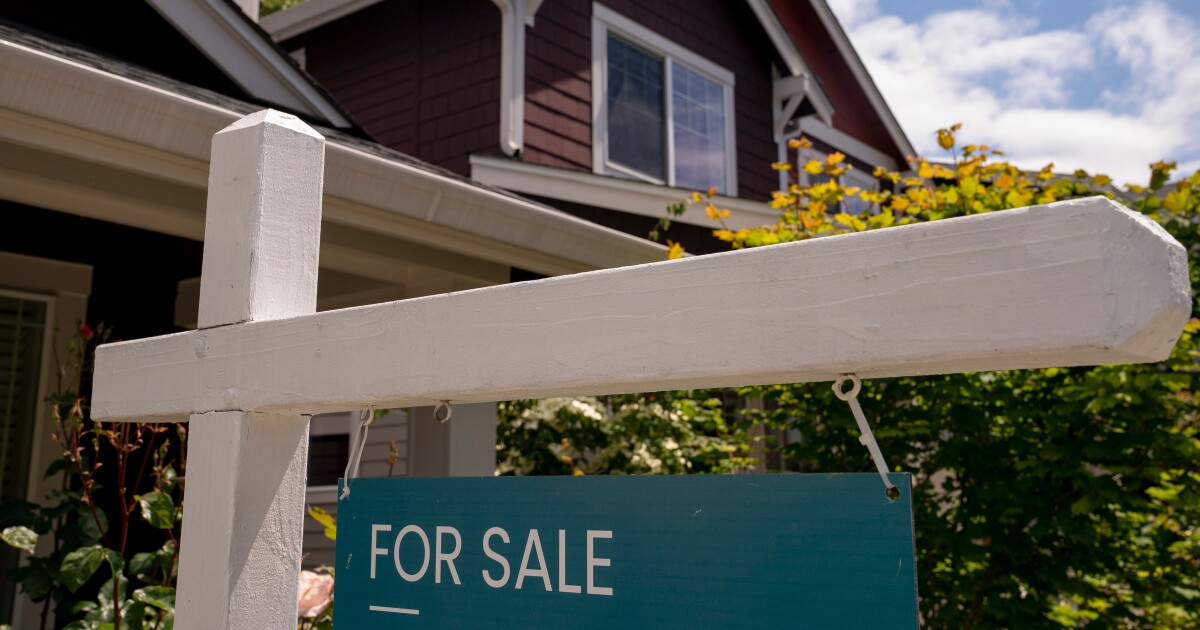
Sales of existing U.S. homes fell in August to a 10-month low on persistent affordability challenges ahead of a recent decline in mortgage rates.
Contract closings decreased 2.5% from a month earlier to a 3.86 million annualized rate, according to figures released Thursday from the National Association of Realtors. That was weaker than the median forecast in a Bloomberg survey of economists.
The housing industry is counting on a series of interest-rate cuts by Federal Reserve —
"Home sales were disappointing again in August, but the recent development of lower mortgage rates coupled with increasing inventory is a powerful combination that will provide the environment for sales to move higher in future months," NAR chief economist Lawrence Yun said in a statement.
Resale inventory rose for an eighth straight month in August, with the supply of existing homes rising 0.7% to 1.35 million. That's still the highest since October 2020. Even so, that's well below the 1.9 million average in the five years prior to the pandemic. At the current sales rate, that represents a 4.2 months supply.
The median sales price, meantime, increased 3.1% in the year through August, to $416,700. That was the highest for any August in NAR data.
Over the past year, existing-home sales have averaged a 4 million annualized pace, much slower than the 5.3 million rate in the year prior to the pandemic.
Lock-In Effect
A lack of inventory had been a notable headwind, with many would-be sellers unwilling to put their homes on the market and give up their sub-3% mortgage rates. This so-called lock-in effect has reduced sales by about a million homes a year, Yun has said.
After the Fed's rate decision Wednesday, Chair Jerome Powell described the housing market as "frozen" because of the lock-in effect. Lower mortgage rates will encourage people to move, but the continued shortage of housing — which is the "real issue" — is not something the Fed can really fix, he said.
Yun suggested the recent declines in borrowing costs indicate homeowners with a $2,000 monthly mortgage payment could afford a house that costs $50,000 more.
In August, NAR's figures showed 60% of homes sold were on the market for less than a month, compared with 62% in July. And 20% sold above the list price, compared with 24% a month earlier.
Properties remained on the market for 26 days on average last month, compared with 24 days in July.
Existing-home sales account for the majority of the US total and are calculated when a contract closes. On Wednesday, the government will release August new-home sales figures, which are based on contract signings.



